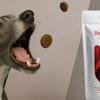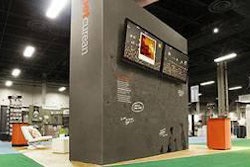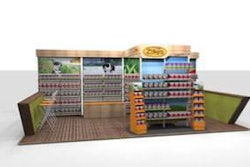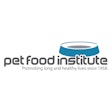At the Waltham Centre for Pet Nutrition, northeast of London, 150 dogs and 300 cats participate in scientific research aimed at better understanding the nutritional and behavioral needs of pets.
The facility, owned by petfood manufacturer Mars, currently employs 200 veterinarians, nutrition experts and animal keepers. Since its opening in 1965, scientists here have helped to produce more than 1,700 scientific publications and made important contributions to what is currently known about pet nutrition, including the amount of taurine that is considered healthy in a cat's diet.
"We share all our results with the scientific community worldwide," said Jo Gale, a veterinarian at Waltham. "That taurine study has become the basis for all industrially-made cat food worldwide."
For the past two years, researchers have been looking into a new feeding approach for companion animals. Researchers found that dogs should be fed an average of 15 percent less than previously recommended, while cats should be fed 5 percent less.
Gale said that Mars' facility also shows the company's concern for the well-being of the pets there.
"Animal experiments are important but they often have negative connotations," Gale said. "I have dogs of my own – two Labradors – and I couldn’t work anywhere where they torture animals."
At Waltham, cats and dogs live in 24 houses, each with its own garden, with 30 to 40 animals per house. The houses are set up to resemble the homes in which companion animals would normally live. Each animal keeper looks after no more than five pets, each of which gets at least an hour of individual playtime per day. The facility is also surrounded by forests and fields the dogs get to run in. "City dogs can only dream of something like that," Gale said.


















